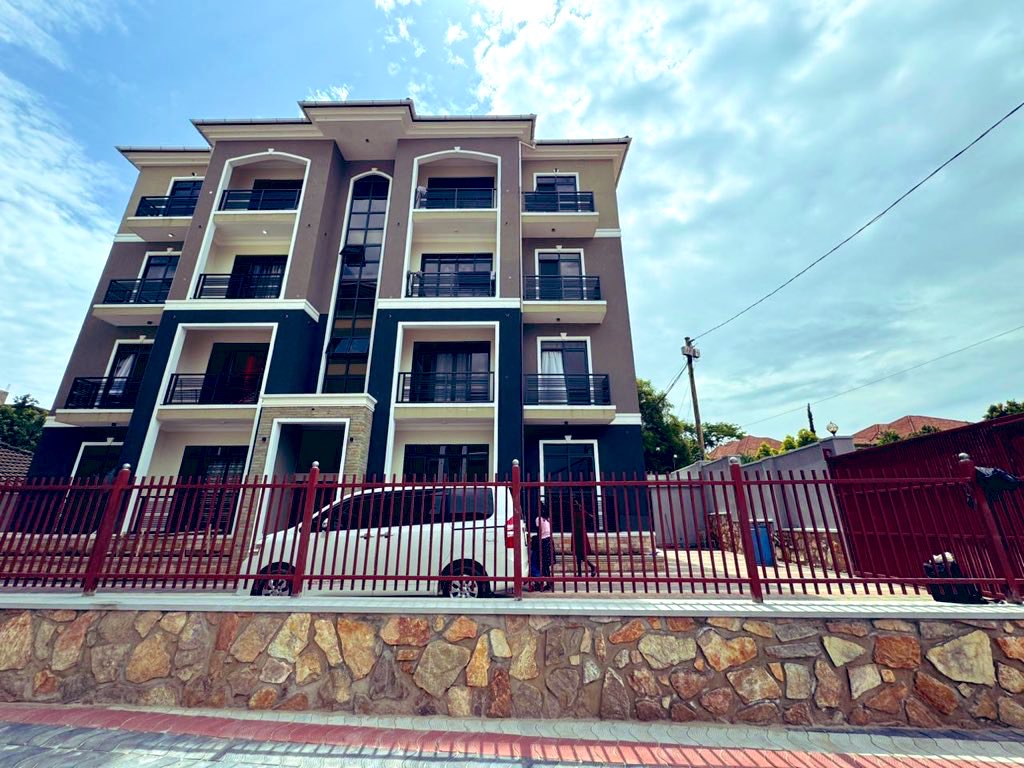By David Mwanje
With urban rents surging amid relentless inflation and a housing deficit, Ugandan city dwellers are locked in a high-stakes tug-of-war to absorb the hike or bolt to a bargain elsewhere? As forecasts showed 2025 October rent jumps at 8-12% in hotspots like Kampala, the math is merciless, but experts warn the real trap lies in relocation’s sneaky expenses. For many, the dream of saving shillings evaporates under the weight of moving vans, money to brokers, deposits, and disrupted lives.
Take Mary Tendo, a 32-year-old marketer in buzzing Ntinda. Her cozy two-bedroom flat’s rent spiked from USh1.2 million to USh1.4 million monthly a 17% leap that devours half her salary. “It’s not just the extra USh200,000 stinging my wallet,” she shares, scrolling through listings on her phone. “Uprooting means fresh deposits, utility hookups, and hauling my stuff across town. Last time, that ate three months’ savings.”
Mary’s struggle reflects a wider trend across Uganda’s cities. The 2024 Census shows a population of 45.9 million, with more people moving to urban areas than new homes being built. In Greater Kampala, rent for a two-bedroom apartment now costs about USh 1.2–2 million a 4–7% rise from last year. This is driven by a 5.3% population increase and a 15% jump in construction costs due to expensive imports. Popular suburbs like Naalya and Bukoto attract young professionals and expats, offering landlords rental returns of 5.9–7.4%, but leaving many tenants struggling to afford rising rates.
The Relocation Reckoning
Well moving might seem like an easy solution, but experts say it often costs more than expected. A one Tamale a small truck driver estimates basic moves at USh 400,000–1.5 million, depending on distance and load for example, about USh 800,000 from Ntinda to Kira with furniture. Add a two-month rent deposit (USh 2–3 million for mid-range apartments), utility reconnections (USh 100,000–200,000), and waste setup fees, and any savings from a place that’s USh 200,000 cheaper quickly disappear.
“People overlook the chaos,” says property broker Emma Lwamafa in Entebbe. “Add school transfers for kids (USh500,000+ in fees), longer commutes gobbling USh150,000 monthly on boda-bodas or taxis, and you’re net negative.” For families, the emotional hit uprooting routines, scouting safer neighborhoods compounds the cash drain. Numbeo pegs single-person living costs at USh1.87 million monthly, so any move must beat that breakeven.
Bargain or Bail?
Staying put isn’t giving up it’s a smart move. “If rent rises are under 10%, try to negotiate,” says consultant Steven kikwalo from kira. Landlords fear empty units at 84% occupancy in top areas, vacancies can cost them USh 1–2 million a year so dependable tenants have leverage. He suggests offering gradual rent increases or small repairs, like painting, in exchange for stability. With 78% of Ugandans under 35 and youth unemployment at 13%, more renters are uniting and speaking up after the 2024 Census.
Crunching Costs: A Tenant’s Toolkit
Economist Alex Kakande in a brief phone interview broke down it down this way saying “a USh 150,000 rent increase adds up to USh 1.8 million a year often cheaper than moving.” He advises factoring in rising transport costs (up 20% in 2025), utilities, and things like safety. While apps like Jiji show rental options, and the Real Estate Agents Association of Uganda (REAU) urges tenants to sign solid one-year leases to avoid sudden rent hikes.
With housing taking about 40% of incomes, staying smart pays off. As cities grow 6% each year, renters like Tendo use budgeting apps, share apartments, and negotiate with landlords. “It’s survival math,” she says. “But now we’re learning to stand our ground.” With rents expected to rise 8–12% in 2025, Uganda’s tenants are adapting and pushing back.























